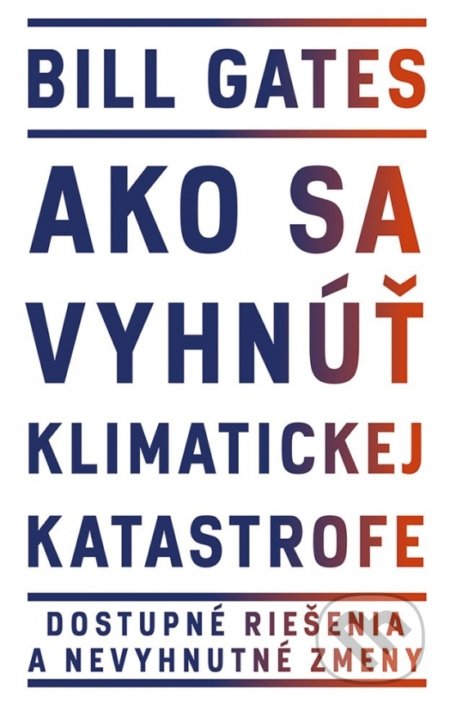Temperatures in Greenland soared to record highs earlier this week, in some places up to 50 degrees above normal. Scientists say this early warm spell could make its ice sheet more vulnerable to melting events this summer. Recent summers have seen record melting of the massive ice sheet, which is the world's largest contributor to sea level rise, outstripping the Antarctic ice sheet and mountain glaciers. "It was certainly a very unusual event to have such a high temperature in the middle of winter," Ruth Mottram, a climatologist at the Danish Meteorological Institute, wrote in an email. "This week really set a March record." This latest warm spell in Greenland pushed the temperature in its capital Nuuk up to 59.4 degrees (15.2 degrees Celsius) on Sunday, according to climate expert Maximilian Herrera warmest recorded in March or April. Scientists from the Danish Meteorological Institute confirmed the record, saying the temperature surpassed the previous March record of 55.7 degrees (13.2 degrees Celsius) in 2016 and the previous April record of 58.2 degrees (14.6 degrees Celsius) in 2019
What 13,500 citations reveal about the IPCC climate science report.
In August 2021, the Intergovernmental Panel on Climate Change (IPCC) published its long-awaited report on the "physical science basis" of climate change. The report concluded that climate change is "unequivocally" human-caused and is already affecting all regions of our planet. These findings were reported worldwide, attracting international attention. The mammoth 2,500-page document compiles a vast body of peer-reviewed literature and provides the most up-to-date summary of climate science ever published. Every statement in the report is supported by authoritative sources.
In total, the report boasts an incredible 13,500 citations.
Our analysis examines which citations were included in the report and reveals a surprisingly wide and diverse range of topics. However, it also shows that the report is significantly dominated by citations from the countries of the Global North and are commonly found behind the payment gateway. We found that 99.95 % of cited references were written in English, and three-quarters of all literature cited in the report had at least one author based in the US or UK.
When and where? The IPCC's report on climate science – known as the Working Group I (WG1) report – is the first part of a three-part Sixth Assessment Report (AR6). Hundreds of scientists spent years reviewing the existing literature on climate change to produce this report, which will form the cornerstone of climate science for years to come. This report was followed by two more parts on impacts, adaptation and vulnerability due to climate change and climate change mitigation, which were issued in February and in March 2022. AR6 will be concluded with a summary report to be published next week. The AR6 WG1 report is an update of the Fifth Assessment Cycle (AR5) WG1 report that was published in 2013. The authors of the new report were asked to focus on providing an update since the last cycle, explaining progress in climate science, how the credibility of the findings has changed or strengthened and what new themes have emerged since AR5.
We found that 98.5 % citations in the AR6 WG1 report were published since 2000, and 85 % of those were published after AR5 was released in 2013. The following chart shows how many citations were published each year from 2000-21.
Translated with www.DeepL.com/Translator (free version)
dr. Sarah Connors and Felix Chavelli, Carbon Brief


 Bill Gates in this one In an insistent and persuasive book, he presents a broad, practical—and affordable—plan to reduce greenhouse gas emissions to zero so that the world avoids climate catastrophe.
Bill Gates in this one In an insistent and persuasive book, he presents a broad, practical—and affordable—plan to reduce greenhouse gas emissions to zero so that the world avoids climate catastrophe.